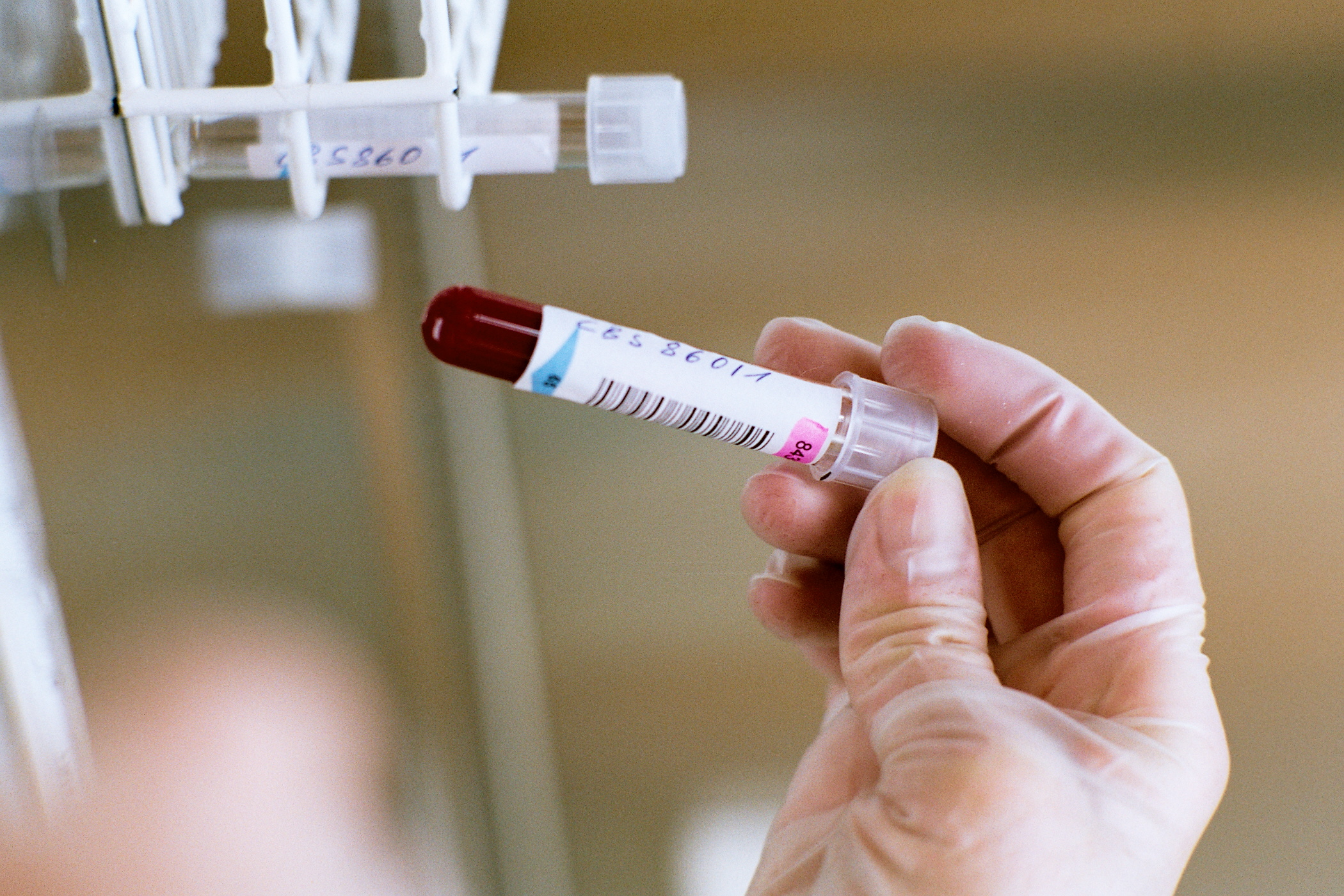Projects focussing on the safety of blood donation
Swiss Transfusion SRC is committed to ensuring a high level of safety for patients and donors. The SRC Humanitarian Foundation supports two new research projects on the subjects of cryobanking and arboviruses.
Cryobanking
The demand for red blood cell concentrates with rare blood groups or blood group combinations is expected to increase in the future driven by advances in medicine and the increasing ethnic differentiation among the population. The aim of cryo-blood-banking is to enable red blood cell concentrates to be stored for longer periods, so that rare blood products of this kind can be provided more quickly and more efficiently to patients who need them.
Arboviruses
The geographic ranges of mosquitoes and ticks that can transmit diseases are changing, encouraged by climate change and the global transport of goods. Moreover, some of these arthropods have become established in Switzerland. While the newly emerging viral infectious diseases tend to be asymptomatic in healthy individuals, they pose growing problems for the blood donation system. To inform the assessment of the risks for blood transfusion recipients, this project will determine the frequency of new viral infectious diseases in blood donors in Switzerland and test out possible surveillance strategies.







